It is in our nature to lie. Falsehood is one of the most creative things we do and the most remarkable of the human arts. We construct castles from ether and support their ephemeral walls on a foundation of accepted truths, which themselves are wisps of previous lies. The more we live within lies, the greater the challenge and more the harm. We pay a heavy price for fabrication. What happens to us, when we lie about dying?
The denial of death is critical support for futile medical care, missed opportunity and needless suffering. Never passes a day without attending a patient and family who, because they have not planned for the inevitable, are cursed with pain, loss, confusion and fear. By lying to themselves and their families about the guaranteed future, the chance to live life at its end is lost and any possibility of “a good death’” vanishes like mist.
It is nearly universal in our society to deny my own death and that of those I love. If I do not accept the need to plan for the end of my life, than I do not decide how I wish to spend that time. If I do not plan, than the medical default of aggressive, complex care, colludes with the unexamined anxiety of my family and I when illness strikes and drives me to “do everything,” which includes doing too much, and thus obliterates my final days, filling them with pain. Denial of death can be a costly lie.
This, then, is given. Deny death and you may lose the chance to control a precious part of your life.
It occurs to me, that perhaps the problem is more than those final days when we are struck with disease. What affect does the lie have upon each of us when we are healthy and the end is not near?
Perhaps, it is a good thing. If for 74 out of 75 years I deny death and therefore live more fully, extra suffering at the end is simply the devil’s price. Can you imagine living in a society where the sick are hidden in institutions, we mourn the loss of one but not many, grandma is just sleeping and children should not fret, the nightmares are fantasy, reality lasts forever?
However, if we look at life as a continuum, birth to death, and do not separate out “the end” as somehow special, than we must conclude that just as death deceit causes havoc in the throws of terminal disease, it also causes great damage through the rest of life. If denial can disrupt something so blatantly obvious as actually dying, how heavy must be the burden of the steady weight of the lie through the years of growth, learning, building, loving and daily life. The state of unreality that we work so hard to create, suppressing death at every age even as we rush inexorably toward it, affects us deeply, isolating each of us in silos of fear, and creating individual behaviors and societal disruptions that are complex and almost immeasurable in their scope and significance. Even the sunrise changes when we deny the sunset.
We live each day in denial. We deny that now, may be our last. The lie keeps eternity from creeping into each moment, but neglects the unknown. It may be our most magnificent creation. Nonetheless, by closing our eyes, we fail to see the monster that stalks our everyday.

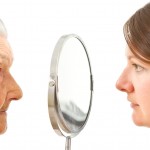
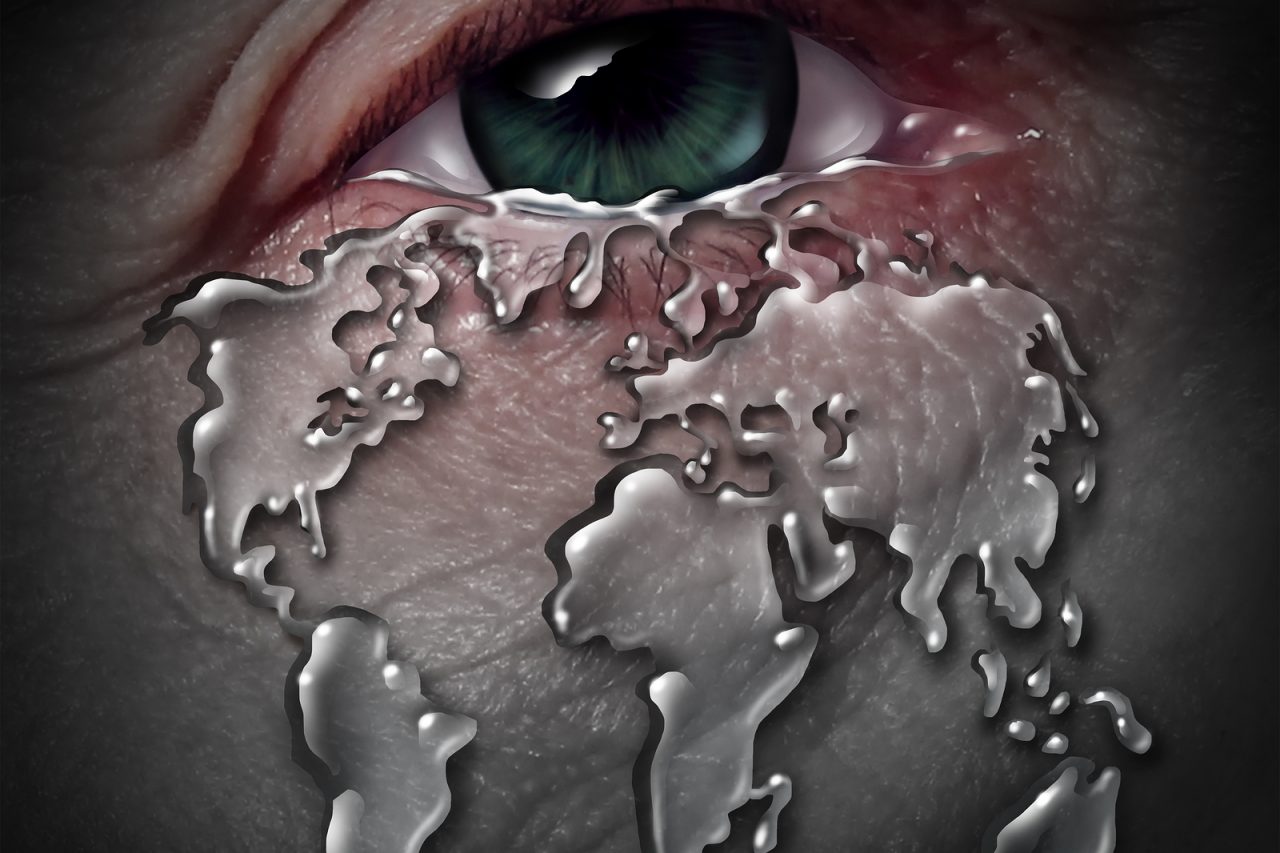
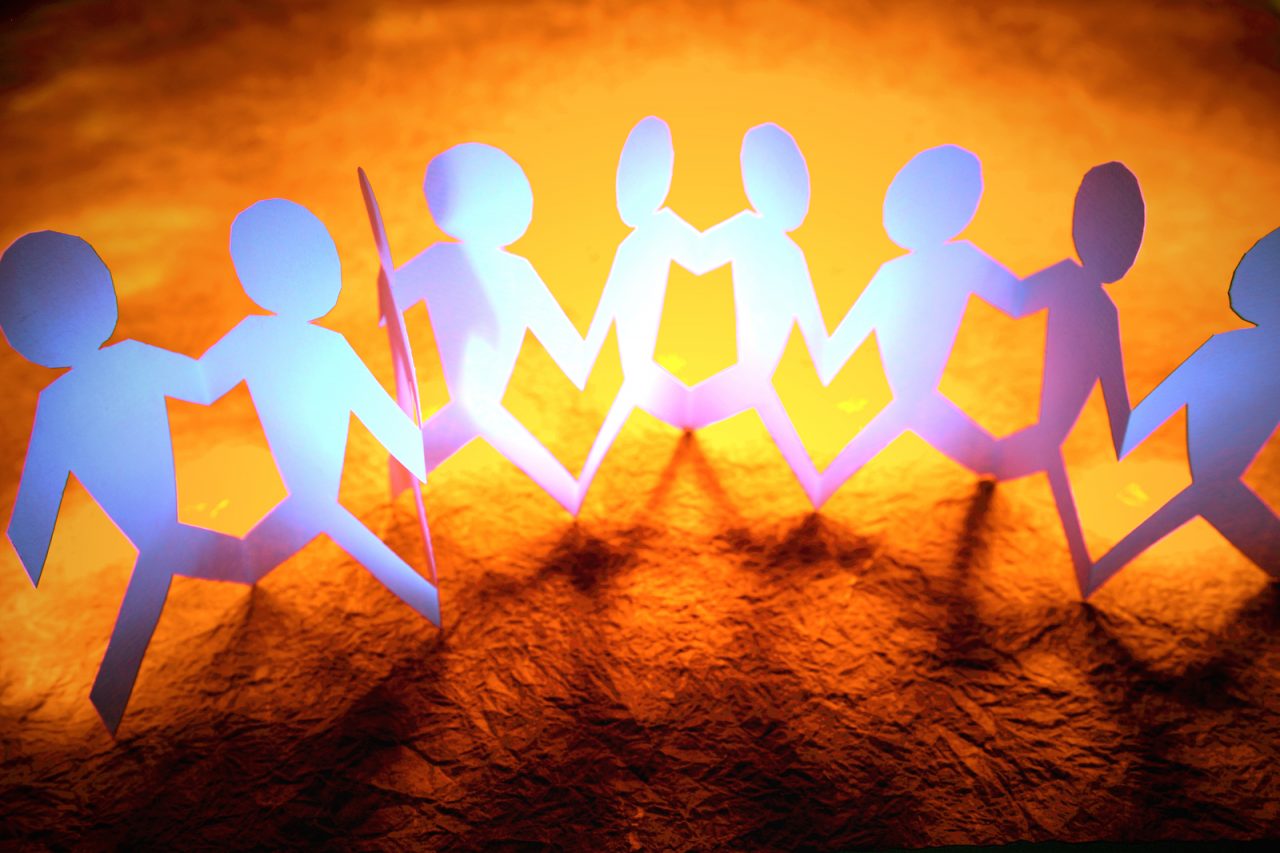
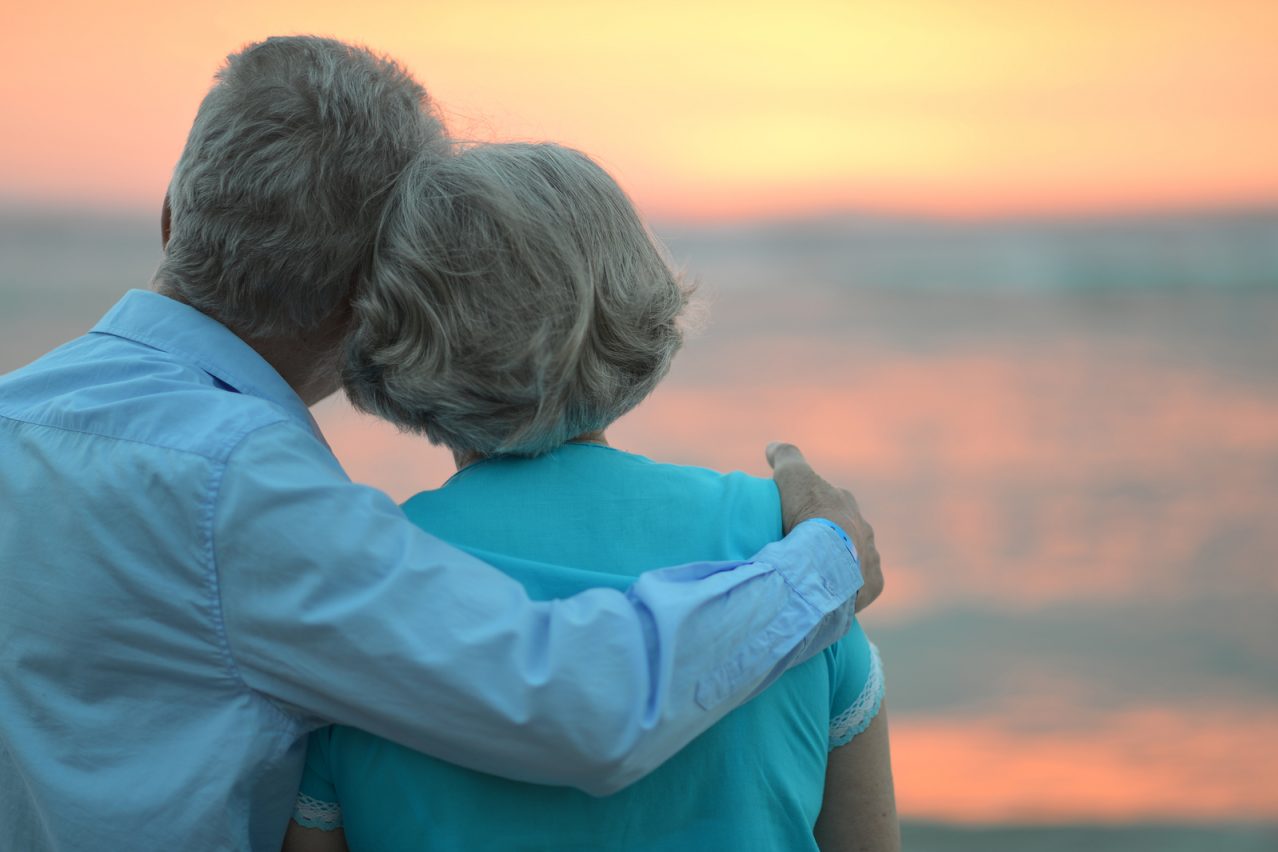
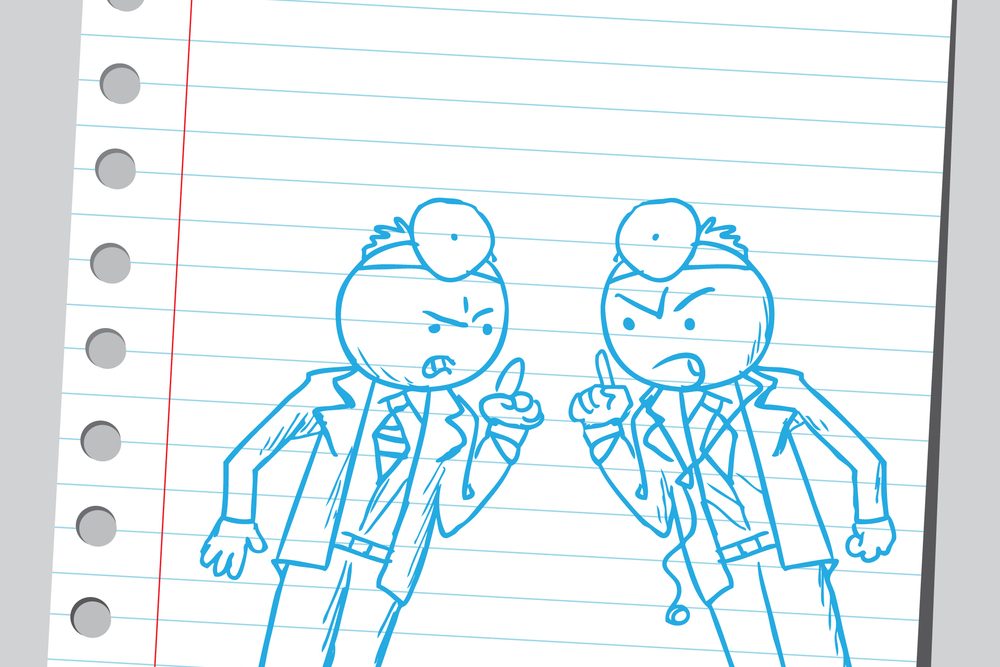
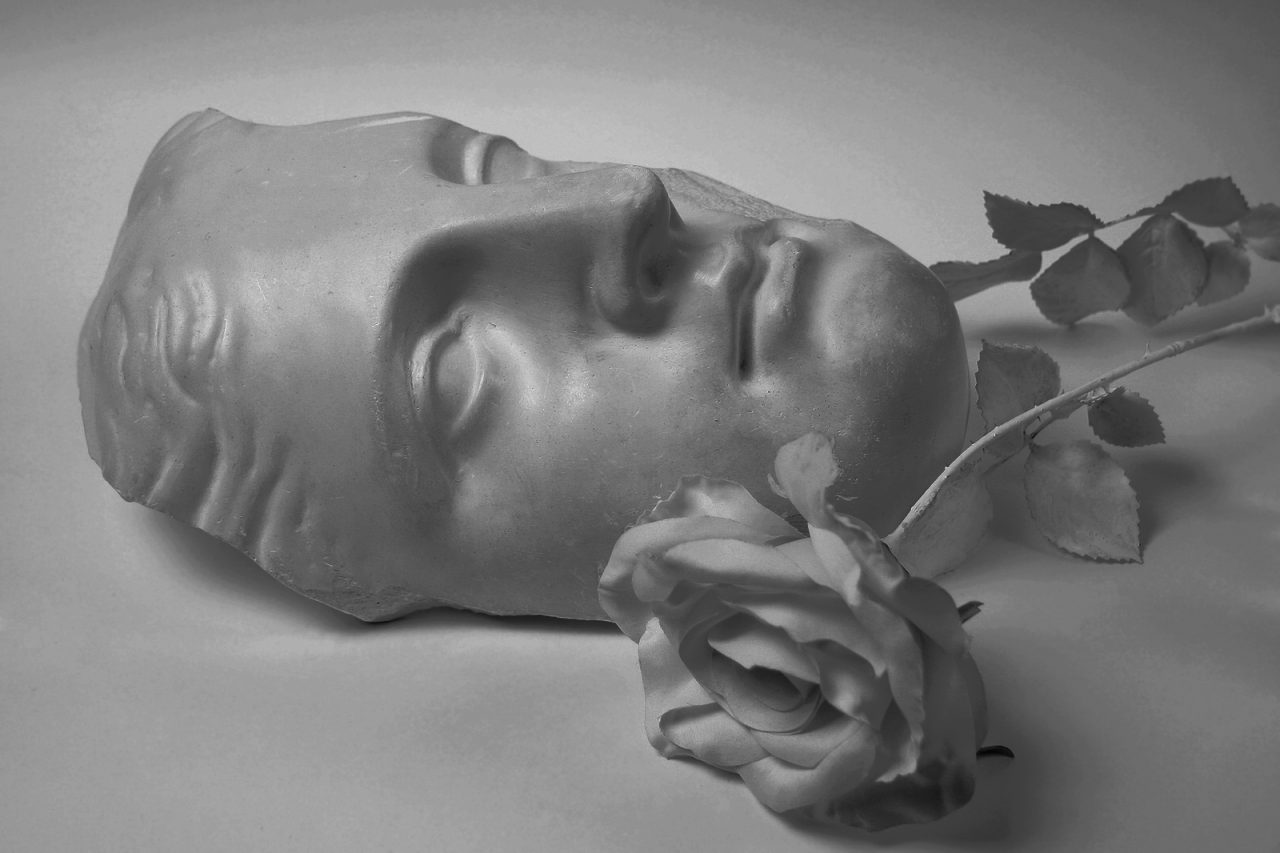
14 Comments